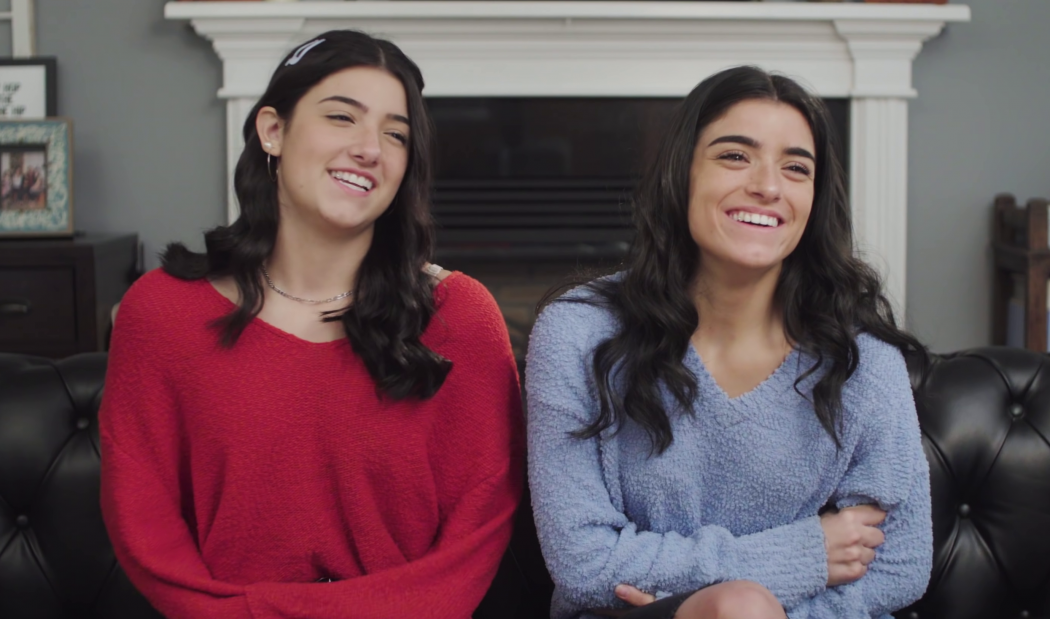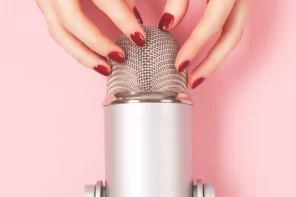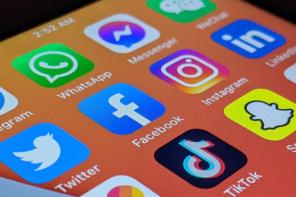From Zoom university and experimental baking to tie-dying half of every article of clothing I own, the COVID-19 pandemic—and the ensuing five-month quarantine in my suburban hometown—brought out simple pleasures unique to the time period. Despite these viral trends that I took up quickly as the world went further into lockdown, the thing that I associate most with the pandemic is TikTok. The phenomenon of TikTok blew up over quarantine, and with it came the advent of TikTok celebrities, most of them in their late teens and early 20s. The rise of TikTok celebrities was swift, with stars like 16-year-old Charli D’amelio amassing over 90 million followers.
With their mounting paychecks and constant media attention, these adolescents have also run into more problematic aspects of their quick rise to fame.
The potent marketing power of TikTok has led to the creation of “content houses”—most of which are located in Los Angeles—where the social media influencers live together and make videos. The most prominent are the Hype House and Sway House, where teen influencers like D’amelio collaborate on dancing videos and other content that frequently go viral. These views translate into huge paychecks for the young stars. It is estimated that Addison Rae Easterling, a member of the Hype House, earned $5 million last year. With their mounting paychecks and constant media attention, these adolescents have also run into more problematic aspects of their quick rise to fame.
From promoting fast fashion brands on their page to collaborating with suspect characters on videos, TikTok transformed from an innocent, 15-second video app, to a dangerous marketing tool in which TikTok stars and their young followers are exploited. These collaborations range from Dunkin Donuts naming a drink after Charli D’amelio to Addison Rae promoting Kim Kardashian’s clothing line Skims. The TikTok influencer community has started to become a business with industries like the gossip columns and tabloids taking advantage of and profiting off of young TikTokers. Supposed relationship drama among members of the Hype House and Sway House has flooded the internet as instagram accounts, Snapchat articles, and tabloids gossip about the personal lives of young TikTok influencers. All one has to do is type in “Hype House drama” into Google and see hundreds of articles come up, most of them about girls in petty feuds with each other and tales of cheating in relationships. This brings to question the ethics of using teenagers to stage drama and attract subscriptions and views to these accounts—all of which translates into money for the companies.
Instead of modeling good behavior, especially during the pandemic, many popular TikTokers have acted selfishly and unsafely in front of their millions of followers.
Although TikTok influencers may not have sought out a large following when they started posting on the app, they now face the responsibility of being role models to a young and impressionable audience. However, many of these teen influencers fall short of making good judgements and positively influencing their young fans. A prime example of this is when TikTok star Olivia Ponton, an 18-year-old member of the Hype House, posted a TikTok video with rapper Tekashi 6ix9ine, who was arrested and sentenced to two years in prison for crimes related to gang violence last year. During the Los Angeles lockdown in the height of the pandemic, two members of the Sway House, Bryce Hall and Blake Gray, threw illegal house parties. The parties, which hosted hundreds of young guests, showed a clear disregard and lack of respect for the safety of their neighbors, guests, and the surrounding community. Hall and Gray, who have a combined 21.1 million TikTok followers, are now facing criminal charges for their irresponsible COVID house parties.
With almost 2 billion downloads of the app worldwide, there is no question that TikTok has given Gen Z a new powerful and influential platform. This newfound power allotted to such a young population raises the question, should these TikTok celebrities be trusted to wield such extensive influence over the minds of young people? Instead of modeling good behavior, especially during the pandemic, many popular TikTokers have acted selfishly and unsafely in front of their millions of followers.
Although TikTokers have made poor decisions and acted in disrespectful ways during the pandemic, it’s important to view them as not only social media influencers but also the product of marketing agencies and brands that want to reach their millions of followers. They are young and impressionable and were very quickly thrown into the spotlight. These young TikTok influencers cannot be expected to always behave perfectly in any given situation. Nevertheless, TikTok has given Gen Z a platform to disseminate their humor, ideas, and struggles and in a way create a community full of inside jokes and relatable content. It helped many stay connected to the outside world during the pandemic and has created opportunities for small businesses to promote their brands. Like every other social media platform, TikTok and its influencers come with pros and cons.








